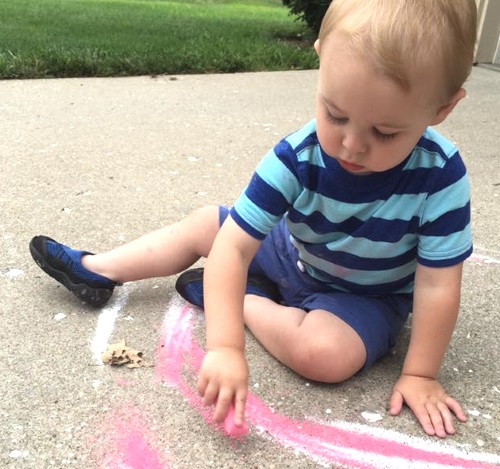
Embarking on the captivating journey of a 1-year-old's development, from 12 to 24 months, is a delightful adventure marked by exploration and growth. This developmental checklist is meticulously crafted to navigate you through the milestones and potential considerations in your child's formative months.
Serving as the cornerstone of the ABCJesusLovesMe 1 Year Curriculum, this checklist acts as a roadmap, offering insights into a child's typical development during this pivotal stage. Whether you're a teacher or a parent, this comprehensive overview delves into key developmental areas. Make the most of this tool, and if any questions arise, seek professional guidance for a deeper understanding of the child's unique developmental journey.
Begin now guiding your toddler’s learning with the ABCJesusLovesMe 1 Year Curriculum. With easy-to-follow lesson plans, you’ll discover age-appropriate activities that build a strong foundation in academics, Bible stories, and developmental skills. Perfect for home or preschool, this curriculum keeps children ages 12-24 months engaged and having fun while learning!
Understand of your toddler’s growth with our FREE 1-Year Development Checklist! This handy tool helps you track key milestones and celebrate your little one’s progress. Download your checklist today and take an active role in monitoring your child’s development!
This article information is pulled from the following sources as well as many years of training. This information is provided as a guide only. Because every child is different consult your pediatrician as this list is a generalization.